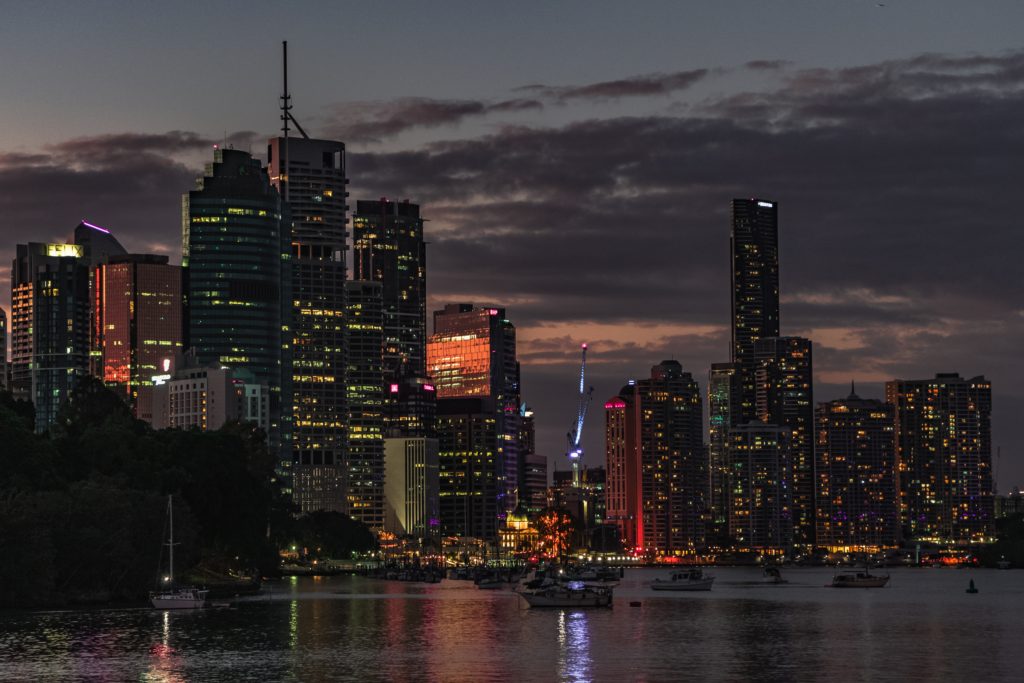
Most boaters eventually find themselves out on the water after dark. In this scenario, preparation is key. There’s some gear you need to have onboard and a few safety practices to utilize after sunset, but you’ve totally got this!
There are three main rules you need to remember at night.
- Avoid hitting anything in the water.
- Avoid being hit by other boats.
- Make sure your crew doesn’t go overboard.
If you’re able to safely follow those rules, boating at night can be a peaceful, magical experience.
Safety Gear
When it’s dark outside, it’s even more important to have safety gear onboard your boat. For example, everyone should wear a life jacket at all times. Here’s a quick checklist of safety tips to keep in mind.
- Keep your cell on hand, and alert someone on shore that you’re running late.
- Have a VHF radio, in case you need to call for help and lose cell service.
- Have an anchor, anchor rode, and anchor light in case you need to stay somewhere overnight.
- Have a GPS/chartplotter, to help you find your way home in the dark.
- Keep flares on hand, in case you need to signal an emergency.
- Good binoculars are essential to see things clearly in the dark.
- Have a sound-signaling device, in case you need to signal. Five blasts means danger.
- Provide each of your crew members with a glowstick. If they fall overboard, they’ll be much easier to spot.
- Tie whistles and signal lights to each life jacket.
- Have warm blankets and jackets. Nights on the water are typically cool.
Safety Techniques
Most of the boating rules that apply during the day are also applicable at night. However, you need to be even more aware of your surroundings. Landmarks are swallowed by the dark night sky, and lights can be deceiving.
- Drive slowly. Debris is much harder to see in the dark.
- Be stealthy so you can hear things you might not be able to see in the dark.
- Make sure your navigation lights are working properly. These lights will allow other boaters to see you.
- Turn off unnecessary lights onboard. This will help your night vision.
- Keep your crew away from the edges of the boat so they’re less likely to fall overboard.
- Have a strong spotlight available for use in emergency situations.
- Place someone at the bow of the boat to serve as a lookout for shore and other boats.
- Avoid alcohol. Night boating requires your full concentration, and accidents are more likely to happen when alcohol is involved.
